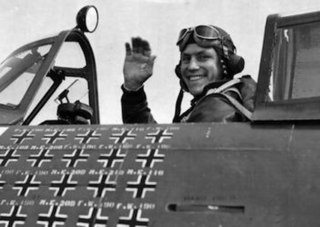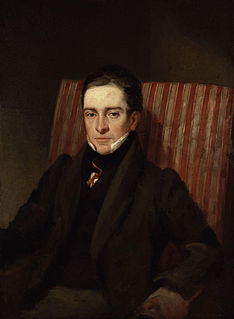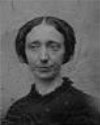A Quote by Andre Malraux
The ordinary man puts up a struggle against all that is not himself, whereas it is against himself, in a limited but all-essential field, that the artist has to battle.
Related Quotes
For the essence of sin is man substituting himself for God [Gen. 3:1-7], while the essence of salvation is God substituting himself for man [2 Cor. 5:21]. Man asserts himself against God and puts himself where only God deserves to be; God sacrifices himself for man and puts himself where only man deserves to be.
An artist is above all a human being, profoundly human to the core. If the artist can't feel everything that humanity feels, if the artist isn't capable of loving until he forgets himself and sacrifices himself if necessary, if he won't put down his magic brush and head the fight against the oppressor, then he isn't a great artist.
The man who enters combat encased in solid armor plate, but lacking the essential of selfconfidence, is far more exposed and naked to death than the individual who subjects himself to battle shorn of any protection but his own skill, his own belief in himself and in his wingman. Righteousness is necessary for one's peace of mind, perhaps, but it is a poor substitute for agility . . . and a resolution to meet the enemy under any conditions and against any odds.
For the ordinary man is passive. Within a narrow circle (home life, and perhaps the trade unions or local politics) he feels himself master of his fate, but against major events he is as helpless as against the elements. So far from endeavoring to influence the future, he simply lies down and lets things happen to him.
No one who passively endures an injustice against himself has the material in him to struggle for the rights of others. The one who patiently forbears becomes an accessory to the injustice done to others. He who resists the injustice which he himself meets can open up the way to a higher right for others.
Energy in the executive is a leading character in the definition of good government. It is essential to the protection of the community against foreign attacks; it is not less essential to the steady administration of the laws; to the protection of property against those irregular and high-handed combinations which sometimes interrupt the ordinary course of justice; to the security of liberty against the enterprises and assaults of ambition, of faction, and of anarchy.





































